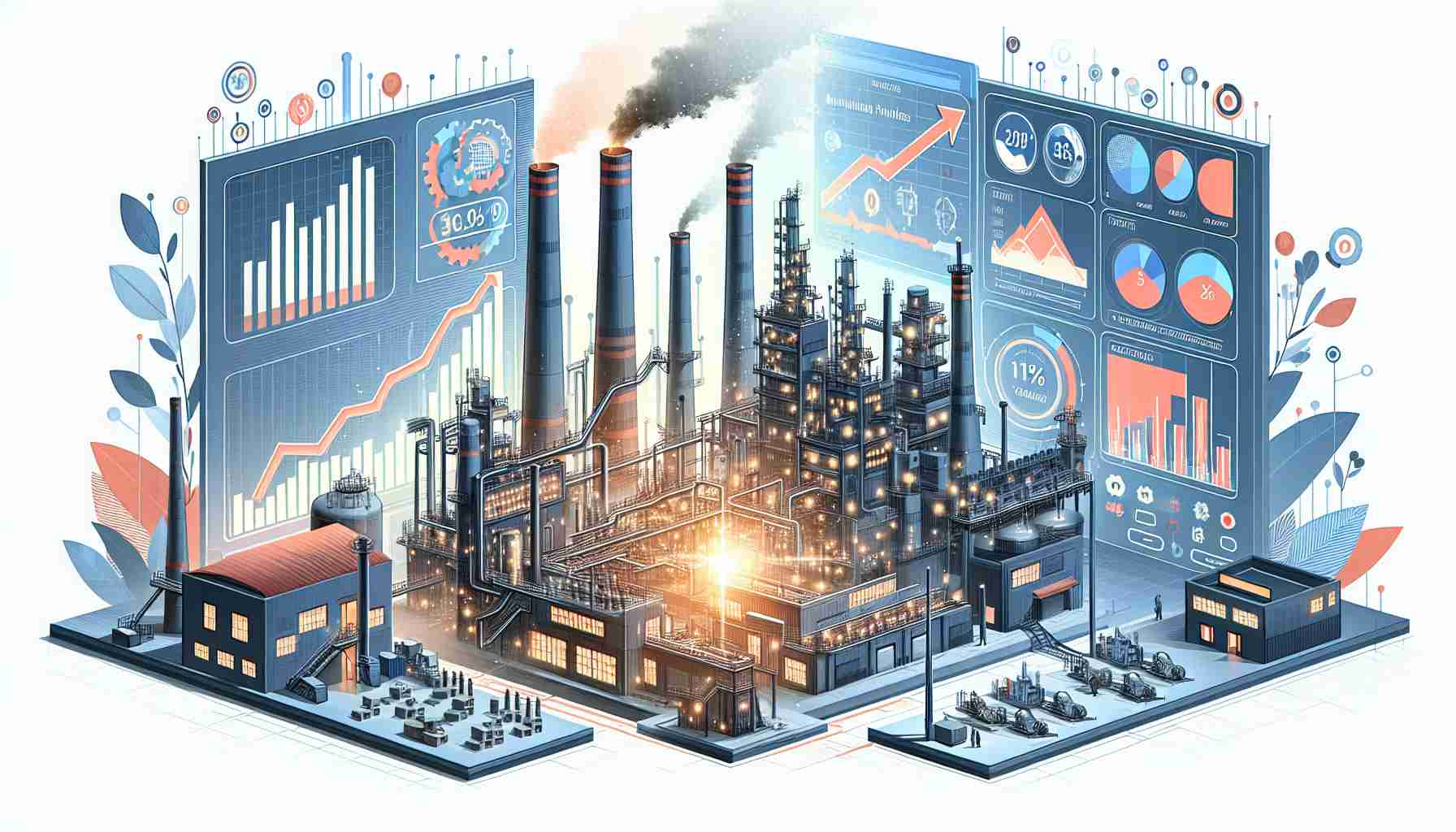In an impressive feat of innovation, emerging EV manufacturer Nikola recently celebrated the production of its 300th hydrogen-powered truck at their Coolidge, Arizona facility. The milestone underscores the company’s steadfast commitment to sustainable transportation, despite facing financial hurdles in the competitive electric vehicle market.
Nikola’s hybrid strategy of combining battery-electric and hydrogen technologies continues to attract attention, with the company previously wholesale shipping 235 of these models by the end of September. This indicates substantial progress as an additional 65 trucks were manufactured in just over a month, signaling accelerated operational efficiency.
The manufacturer remains confident in its production capabilities, forecasting between 100 and 150 more hydrogen trucks by year-end. However, Nikola confronts financial challenges; the company’s third-quarter revenue of $25.2 million fell short of expectations, partly due to strategic buybacks of 20 battery-electric vehicles.
In a bid to regain momentum, Nikola is actively redistributing these returned vehicles. Officials have stated that new purchase orders from dealers will ensure these units find a place in the market, projecting deliveries in the final quarter of the year. This agile approach highlights Nikola’s adaptability and proactive management amid a challenging fiscal landscape.
Additionally, Nikola’s expanding reach into commercial logistics is evident, as partnerships with industry giants like DHL and Diageo are set to integrate fuel cell electric trucks into their U.S. fleets. These collaborations may pave the way for future growth, ensuring Nikola remains a key player in the green transport revolution.
Revolutionary Move: Are Hydrogen-Powered Trucks the Future of Sustainable Transport?
As Nikola Corporation advances its hydrogen-powered trucking program, it dives into intriguing territories that may alter transportation and community dynamics. While pushing boundaries of green automotive technology, Nikola brings attention to profound implications for the industry and beyond.
Why Choose Hydrogen Over Traditional EVs?
Hydrogen-powered vehicles stand out for their potentially fast fueling times and extended range compared to traditional battery-electric vehicles (BEVs). For long-haul trucking, this is a crucial advantage. Unlike BEVs, hydrogen trucks can be refueled within minutes rather than hours, providing a feasible solution for logistics companies aiming to minimize downtime.
What Challenges Lie Ahead?
Despite the promise, producing hydrogen is energy-intensive, often relying on fossil fuels, which can undermine its green potential. Innovations in producing “green hydrogen” using renewable energy are evolving, but widespread adoption is not yet at hand. This could remain a barrier, especially in areas with limited access to clean energy infrastructure.
A New Kind of Infrastructure Requirement
Communities interested in transitioning to hydrogen vehicles must consider the necessity for refueling stations and related infrastructure. Currently, hydrogen fueling stations are limited, primarily in select areas like California in the U.S. Expansion of this infrastructure could dictate the geography of hydrogen vehicle adoption.
Impact on Local Economies
Nikola’s expansion and partnerships with logistics giants are poised to bring new economic opportunities to regions embracing this technology. The establishment of manufacturing plants like the one in Coolidge, Arizona, stimulates job creation and technological investment, potentially transforming local economies.
Hydrogen Versus Electric: A Potential Rivalry?
A significant controversy on the horizon is whether hydrogen trucks will compete or complement their battery-electric counterparts. Automotive experts argue that while hydrogen trucks excel in long-haul scenarios, battery-electric trucks could remain dominant for short-distance deliveries. Understanding and exploiting these complementary strengths will shape future transport strategies.
Environmental and Regulatory Impacts
With increasing global focus on sustainability, hydrogen vehicles gain attention for their potential to reduce emissions significantly. However, environmental benefits depend on the hydrogen production method. Governing bodies worldwide may impose regulations favouring zero-emission vehicles, thus influencing the adoption and development pace of hydrogen technology.
Nikola’s hydrogen trucks could transform logistics, influencing policies and reshaping community ecosystems. Keep informed on Nikola Corporation’s advancements and explore how these developments might affect your region and industry sector by visiting the official link to Nikola Motor.
—
This article presents broader implications, challenges, and opportunities related to hydrogen-powered trucks and does not repeat information covered in the source material provided.














